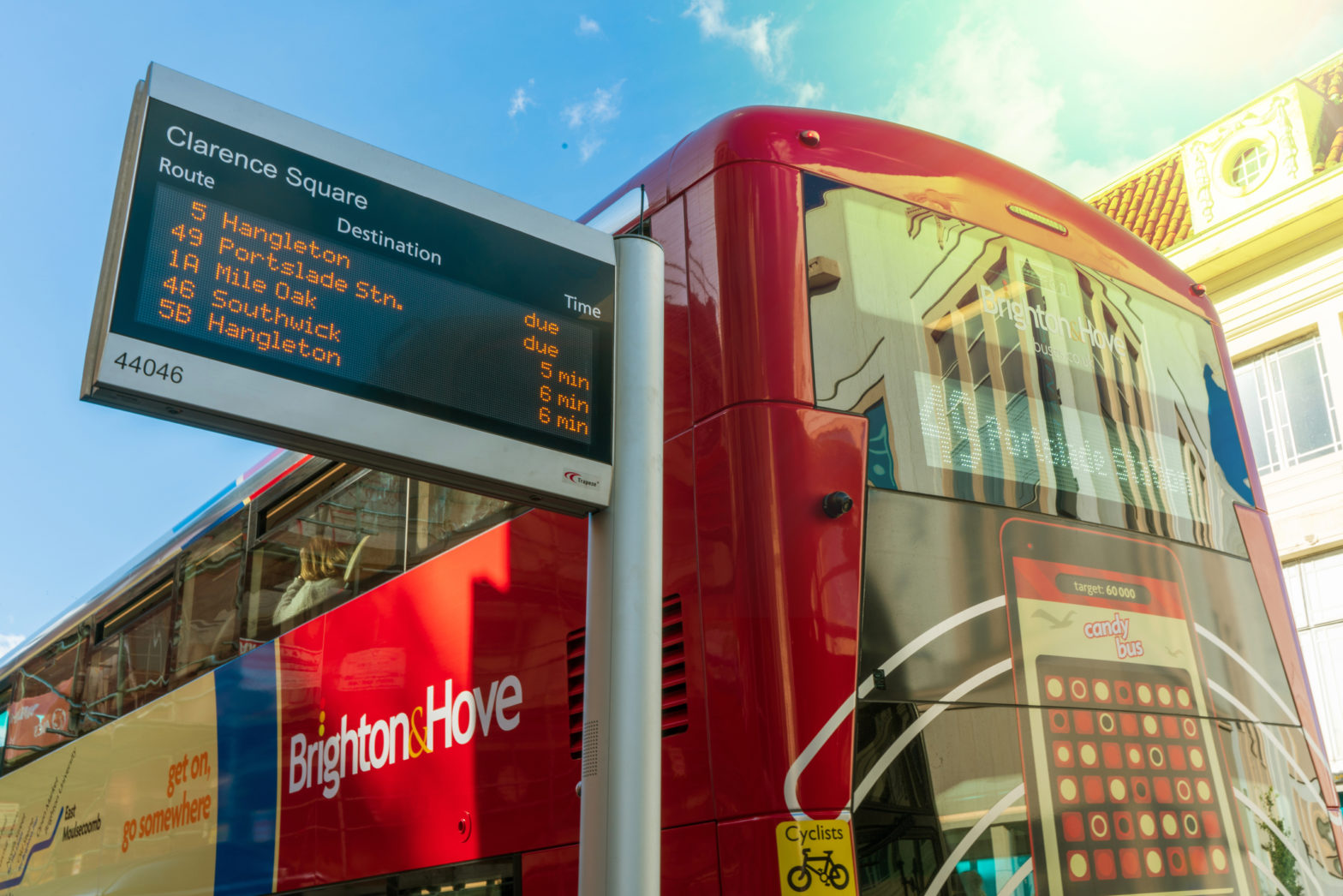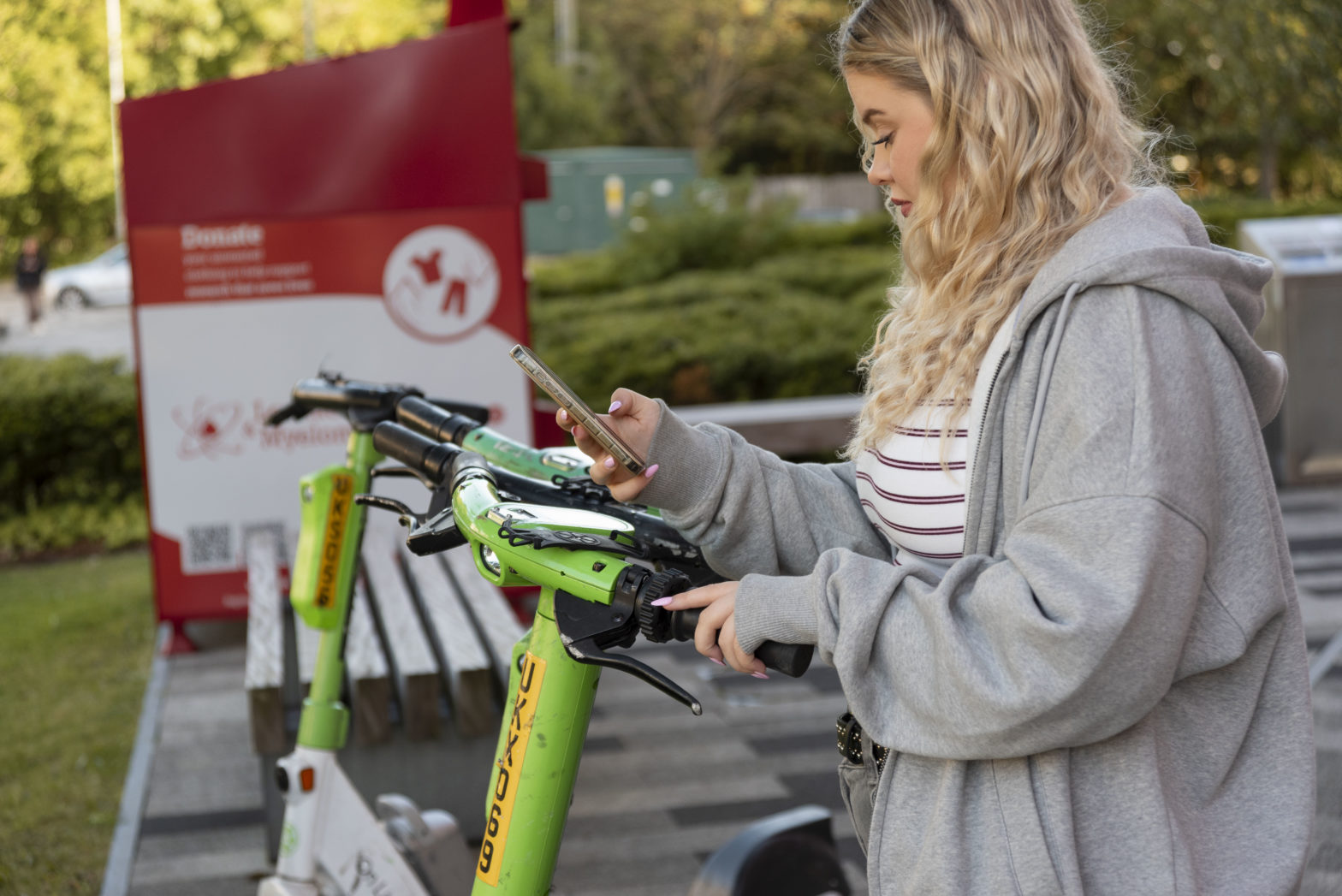
Unlocking data will create reliable and innovative transport
21 June 2025
by William Thorpe
Public transport leaders and industry chiefs called for urgent data sharing, technology integration, and scalable multimodal solutions to modernise urban mobility, during a high-level panel moderated by UITP President Renée Amilcar.
At one session from UITP’s Summit in Hamburg, Abimbola Akinajo, Managing Director of the Lagos Metropolitan Area Transport Authority (LAMATA), said: “We must build systems people want to use. For emerging cities, data helps us design for real needs–from first mile to last. But we must also ensure affordability and accessibility, especially where private vehicle ownership is low.”
Akinajo was joined by senior figures including Magda Kopczyńska, Director-General for Mobility and Transport at the European Commission, and Thierry Mallet, CEO of Transdev. They were united in urging a rethinking of mobility systems around user needs rather than fixed modes.
“Technology will happen whether we want it or not,” said Kopczyńska. “We need to offer alternatives to the private car. Autonomous vehicles can support public transport, particularly in areas underserved by fixed-line transit.”
But the future isn’t just autonomous, she added. It’s connected, multimodal, and demand-responsive.
“It’s about integrating solutions – car sharing, trains, buses – into a seamless system, not replacing one with another,” she said.
For operators, the key lies in unlocking and sharing transport data.
“We generate gigabytes of data daily,” said Henri Poupart-Lafarge, CEO of Alstom. “Passengers want real-time updates, but data also helps operators optimise services and attract investment. Data is vital at every level, from passenger experience to network planning and financing.”
Michael Peter, CEO of Siemens Mobility, agreed. “We’ve moved our systems to the cloud and offer open APIs. This lets others build on our infrastructure, and opens the door to real-time innovation and operational efficiency.”
Yet many warned that fragmented standards and closed systems still hinder progress.
Mallet stressed the need for collaborative frameworks. “Too often data is locked in proprietary systems. To scale innovation, we must work with governments and bodies like UITP to standardise and open up.”
Juan Carlos Muñoz, Chile’s Transport Minister, highlighted the social value of this transformation. “We’ve moved from cash to contactless systems with GPS-enabled buses. This helps vulnerable users, especially women, travel safely and confidently.”
Muñoz welcomed demand-responsive and shared mobility options but with a caveat. “They must complement, not compete with, mass transit. We can’t afford to increase individual car use, autonomous or not.”
Instead, he urged cities to use the current transition as a “positive disruption” to promote collective and equitable mobility.
Peter concluded: “If we can direct passengers to less crowded carriages, delay a train to save energy, or spot faults before breakdowns, all from data, then we are not just optimising operations. We are building trust. That’s what will grow ridership.”
Image: Wittayayut Seethong | Dreamstime.com













